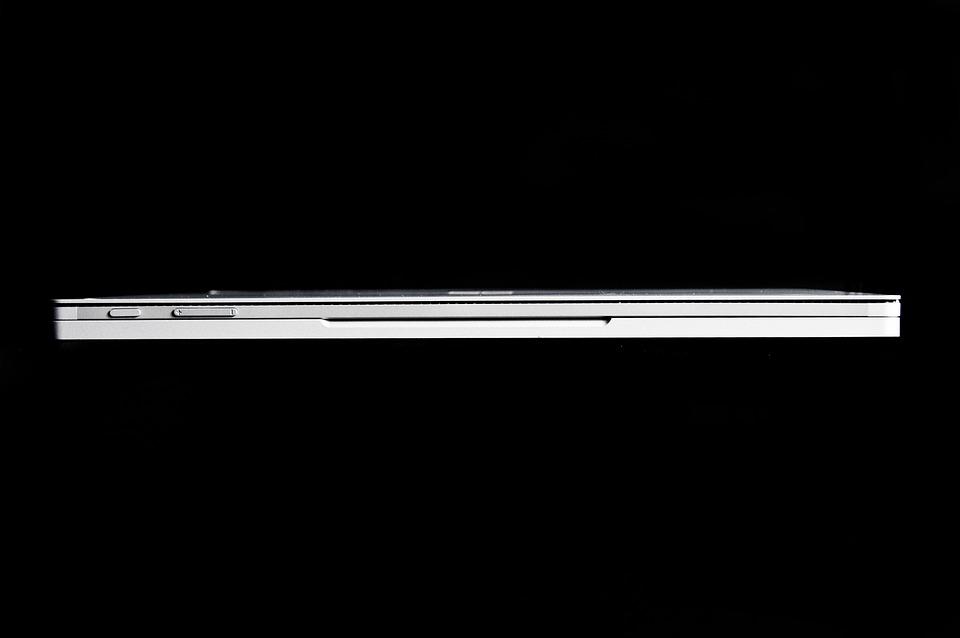In today’s digital age, laptops have become an essential tool for many people. They offer the convenience of portability and the power of a desktop computer, making them a popular choice for those looking for a primary PC. With advancements in technology, laptops are now capable of handling most tasks that were previously only possible on a desktop computer. In this article, we will explore the benefits and drawbacks of using a laptop as a primary PC.
One of the biggest advantages of using a laptop as a primary PC is the convenience of portability. Laptops are lightweight and compact, making them easy to carry around and use wherever you go. This is especially beneficial for those who travel frequently or work remotely. With a laptop, you can work from anywhere, whether it’s a coffee shop, a library, or the comfort of your own home. This flexibility allows you to stay productive and connected no matter where you are.
Another advantage of using a laptop as a primary PC is the performance capabilities. Modern laptops are equipped with powerful processors, ample storage, and high-resolution displays, making them capable of handling demanding tasks such as video editing, graphic design, and gaming. With the right specifications, a laptop can perform just as well as a desktop computer, allowing you to multitask efficiently and run resource-intensive applications without any lag.
In addition to performance, laptops offer a clutter-free workspace. With a laptop, you don’t need to worry about a bulky tower or a mess of cables taking up valuable desk space. This can help to create a more organized and aesthetically pleasing work environment. Laptops also offer built-in peripherals such as a keyboard, touchpad, and webcam, eliminating the need for additional accessories.
Despite the many benefits of using a laptop as a primary PC, there are some drawbacks to consider. One of the main drawbacks is the limited upgradeability of laptops. Unlike desktop computers, laptops are not as easily customizable or upgradeable. This means that if you want to improve the performance of your laptop, you may be limited to upgrading the RAM or storage, and even then, it may not be as cost-effective as upgrading a desktop computer.
Another drawback of using a laptop as a primary PC is the potential for overheating. Laptops are designed to be compact and portable, which can sometimes lead to issues with overheating, especially during prolonged use. To avoid overheating, it’s important to use your laptop on a flat, hard surface to allow for proper ventilation. Additionally, investing in a laptop cooling pad can help to reduce the risk of overheating and prolong the lifespan of your laptop.
In conclusion, using a laptop as a primary PC offers many benefits, including portability, performance capabilities, and a clutter-free workspace. While there are some drawbacks to consider, such as limited upgradeability and the potential for overheating, these can be mitigated with proper care and maintenance. Overall, laptops have come a long way in recent years and are now a viable option for those looking for a versatile and efficient primary PC. Whether you’re a student, a professional, or a casual user, a laptop can meet your computing needs and provide the flexibility to work from anywhere.
Laptops have become essential in today’s digital age due to their portability and power, making them a popular choice as a primary PC. They can handle tasks previously only possible on desktops. Benefits include portability for remote work, powerful performance capabilities for tasks like video editing and gaming, and a clutter-free workspace. However, laptops have limited upgradeability and may overheat due to their compact design. With proper care and maintenance, these drawbacks can be managed. Overall, laptops offer versatility and efficiency for users in various settings, making them a viable option for those seeking a primary PC.
